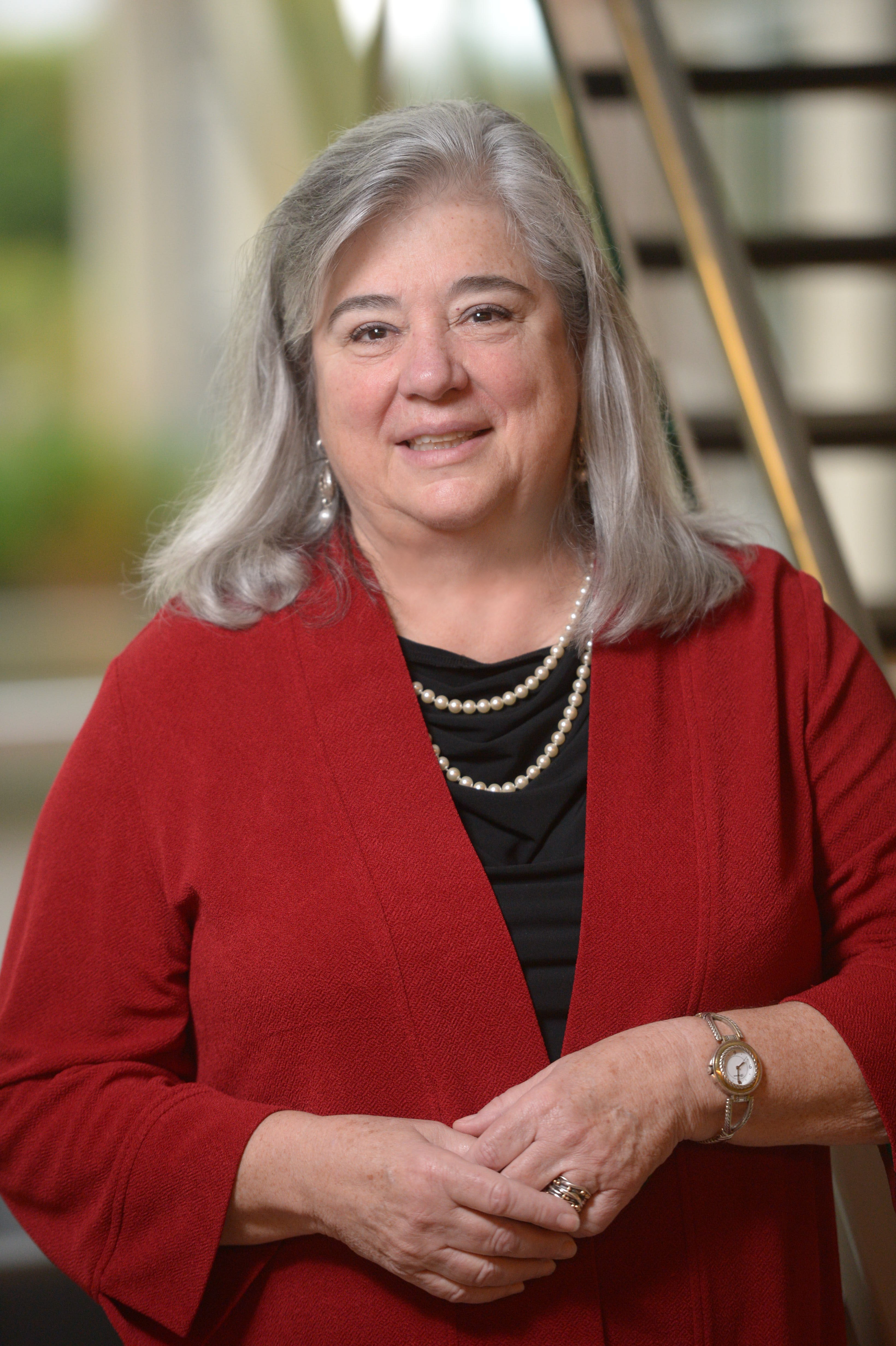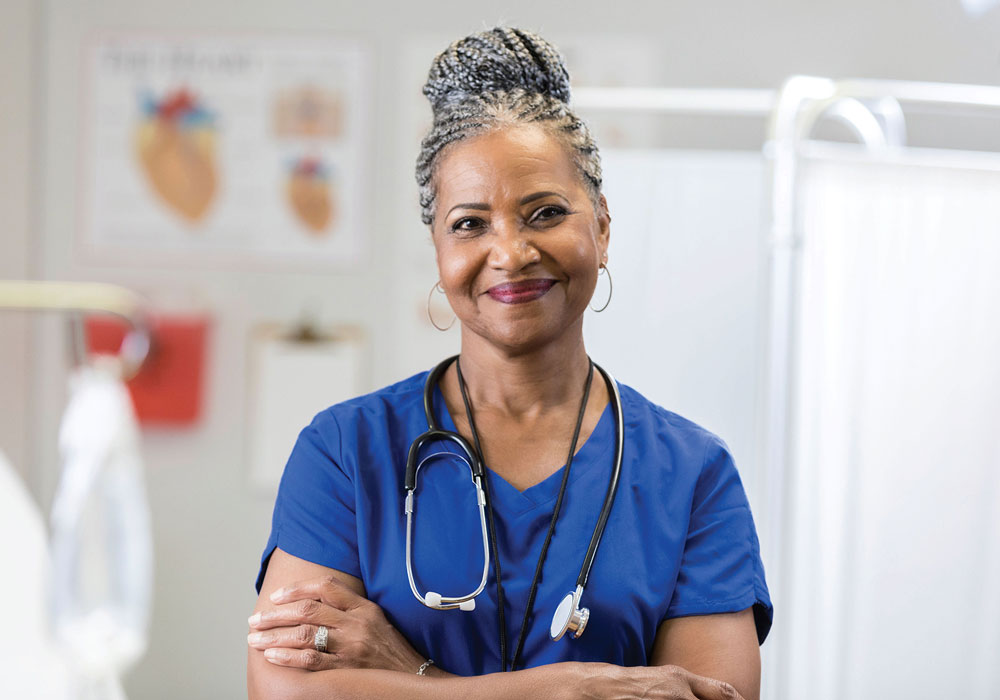First, I want to know, how are you? How is your family, your community, your workplace?
My previous message was in February, which some days seems like years ago. So much has happened since then: we have witnessed global tragedies, heroic work, leadership exemplars, and creative social distancing solutions. In the early weeks, as the COVID-19 coronavirus pandemic was consistently compared to the H1N1 flu pandemic of 1918, I wondered how they managed without social media 100 years ago.

Thank you to the many of you who posted in the ONS communities, sharing your experiences and asking questions. Your engagement guided ONS staff to develop resources that would best help you and others as you care for patients with cancer. Those resources have been accessed by thousands of nurses and other healthcare providers in the United States and around the world. Although the curve may have flattened, COVID-19’s impact is not over, especially on the diagnosis and treatment of cancer.
Given the difficult decisions that healthcare organizations made to prepare for a surge in patients with COVID-19, cancer screenings and treatments were often delayed. What might cancer statistics look like in the future?
Some of you consoled patients and families who had a new diagnosis of cancer and had surgery rescheduled for another point in the future. Some of you supported patients whose chemotherapy was converted to an oral agent so they could avoid coming to the treatment center and who wondered if it would be as effective a treatment. Many of you are giving care via phone and computer as visits became virtual. Some of you came out of retirement to help in your communities. Many of you cared for patients who had a positive diagnosis of COVID-19 and became not only the patient’s nurse but also a substitute for family.
More stories of caring for patients during the COVID-19 pandemic will continue to be written in the months ahead. If today’s pandemic is like H1N1 in 1918, then it may be with us for longer. We’ve seen the best of nurses even in the worst of situations, such as inadequate personal protective and patient support equipment and fear of exposing their families to the virus. What will our stories be months from now?
I think we will see more stories of nurses’ resilience. We will share stories of elevating our voice to influence policy in our healthcare organizations and government. Experts are already speculating how COVID-19 will permanently change health care. Virtual visits will not go away, nor should they, because patients and providers both have found that they work well. New nursing roles most likely will emerge, and new skills and knowledge will be needed.
ONS’s mission is to promote excellence in oncology nursing and quality cancer care. I am proud of how member leaders and staff are fulfilling that during the pandemic and working from our homes. As your professional home, we are committed to supporting you so you are well prepared to care for your patients. Thank you for all you are doing. I hope to “see” many of you at our ONS Bridge virtual conference in September.






